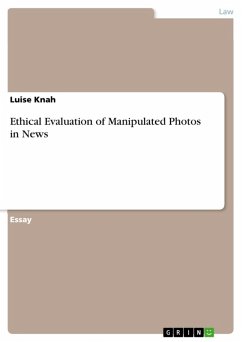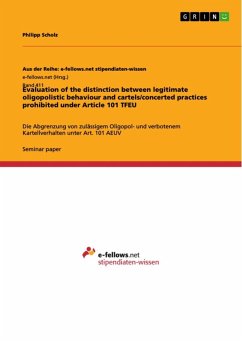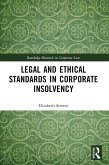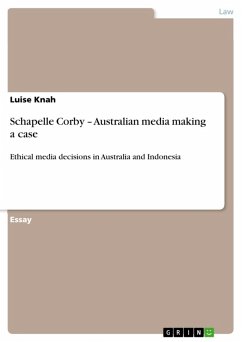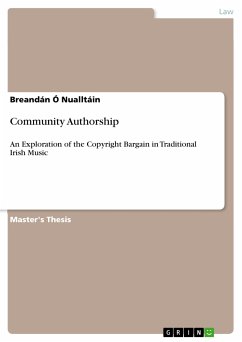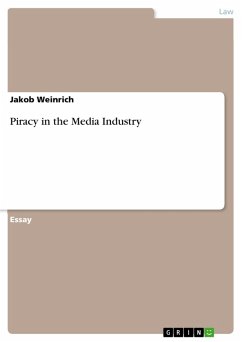Essay from the year 2011 in the subject Law - Media, Multimedia Law, Copyright, grade: 1,2, University of New South Wales, Sydney, language: English, abstract: Historically, photographs are considered to deliver an accurate description of a shown event as a 'snapshot of time'. 1 With digital technology and image alteration programs like Photoshop, this natural assumption has changed. Nowadays, every amateur is able to manipulate pictures and a lot of publications use the technology to enhance their photos. The question if photo manipulation is ethical in general is very broad and depends on the situation. The ethical evaluation in this essay focuses on the problematic application in news rooms. Even the slightest alterations can be considered as a violation of the truthful reportage of an event that has taken place. News organisations act by self-regulating policies and are not restricted by law regarding photo manipulation, including those in Australia. The industry standard is to allow the enhancement of photographs for clarity and definition, but altering the composition is to be frowned upon.2 Journalists have to be cautious about their actions, because faked pictures jeopardize their own reputation as well as the credibility of the publication. Cropping out irrelevant details is a legitimate and well-known practise not only in news, but also in fashion, advertisement or even personal photography. The challenge is to evaluate the shift in the perception of the viewer.
Dieser Download kann aus rechtlichen Gründen nur mit Rechnungsadresse in A, B, BG, CY, CZ, D, DK, EW, E, FIN, F, GR, HR, H, IRL, I, LT, L, LR, M, NL, PL, P, R, S, SLO, SK ausgeliefert werden.

